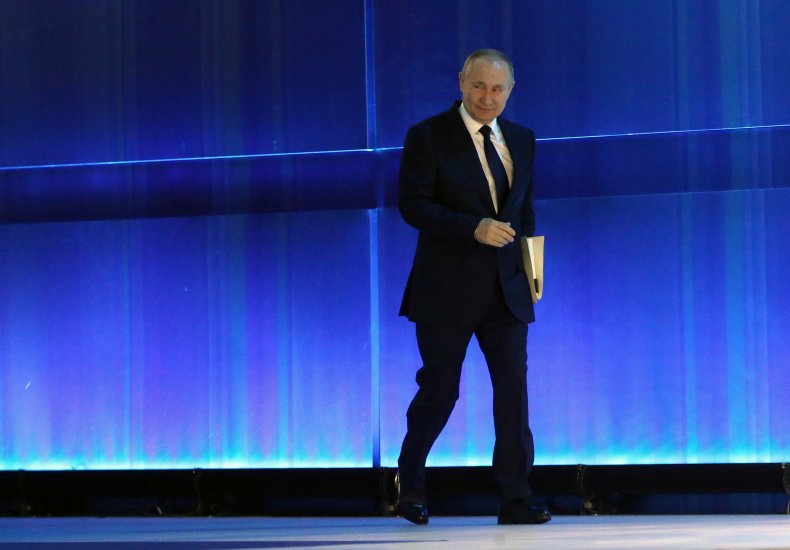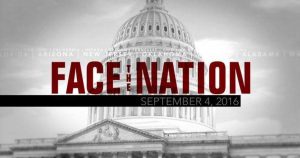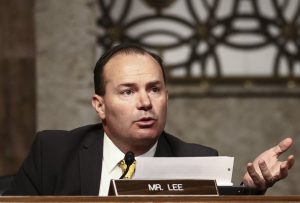The State University of Aerospace Instrumentation in St. Petersburg, Russia, told students on Wednesday that protesting in support of opposition leader Alexei Navalny would get them expelled, the Associated Press reported.
Human rights group Foundation for Fighting Corruption told AP that police in Russia have arrested more than 180 people for demonstrating, some before protests began. Two of Navalny’s top allies were seized in Moscow after they and other members of his team called for the protests amid Navalny’s hunger strike in the Kremlin prison camp where he was being held.
“The situation with Alexei is indeed critical, and so we moved up the day of the mass protests,” Vladimir Ashurkov, a close Navalny ally and executive director of the Foundation for Fighting Corruption, told AP. “Alexei’s health has sharply deteriorated, and he is in a rather critical condition. Doctors are saying that judging by his test (results), he should be admitted into intensive care.”
Navalny began the strike on March 31 after prison officials refused to let his doctors see him. He was transferred to a hospital in another prison on Sunday. His organization said that protests would take place in 180 cities.
For more reporting from the Associated Press, see below.
Konstantin Zavrazhin/Getty Images
It was not immediately clear if they would match the massive turnout for protests in January that were the largest in Russia in a decade.
Protests in support of Navalny, who is President Vladimir Putin‘s biggest foe, began in each city around 7 p.m. and moved west across the country. The largest turnouts were expected in Moscow, where demonstrators were called to gather in a square adjacent to the Kremlin, and in St. Petersburg.
His team called the nationwide protests for the same day that Putin gave his annual state-of-the-nation address. In his speech, he denounced foreign governments’ alleged attempts to impose their will on Russia. Putin, who never publicly uses Navalny’s name, did not specify to whom the denunciation referred, but Western governments have been harshly critical of Navalny’s treatment and have called for his release.
In Moscow, Navalny spokeswoman Kira Yarmysh and Lyubov Sobol, one of Navalny’s most prominent associates, were detained by police in the morning.
Yarmysh, who was put under house arrest after the January protests, was detained outside her apartment building when she went out during the one hour she is allowed to leave, said her lawyer, Veronika Polyakova. She was taken to a police station and charged with organizing an illegal gathering.
Sobol was removed from a taxi by uniformed police, said her lawyer, Vladimir Voronin.
OVD-Info, a group that monitors political arrests and offers aid to detainees, said that at least 182 people had been arrested. It also reported that police searched the offices of Navalny’s organization in Yekaterinbrug and detained a Navalny-affiliated journalist in Khabarovsk.
The 44-year-old Navalny was arrested in January upon his return from Germany, where he had spent five months recovering from a nerve-agent poisoning he blames on the Kremlin. Russian officials have rejected the accusation.
Soon after, a court found that Navalny’s long stay in Germany violated the terms of a suspended sentence he was handed for a 2014 embezzlement conviction and ordered him to serve 2 1/2 years in prison .
Navalny began the hunger strike to protest prison officials’ refusal to let his doctors visit when he began experiencing severe back pain and a loss of feeling in his legs. The penitentiary service has said Navalny was getting all the medical help he needs.
Navalny’s physician, Dr. Yaroslav Ashikhmin, said recently that test results he received from Navalny’s family showed sharply elevated levels of potassium, which can bring on cardiac arrest, and heightened creatinine levels that indicate impaired kidneys and he “could die at any moment.”
On Sunday, he was transferred to a hospital in another prison and given a glucose drip. Prison officials rebuffed attempts by his doctors to visit him there.
Russian authorities have escalated their crackdown on Navalny’s allies and supporters. The Moscow prosecutor’s office asked a court to brand Navalny’s Foundation for Fighting Corruption and his network of regional offices as extremist organizations. Human rights activists said such a move would paralyze the activities of the groups and expose their members and donors to prison sentences of up to 10 years.



















